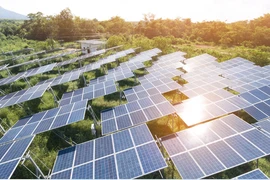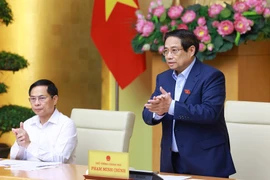Bangkok (VNA) – The Thailand Board of Investment (BoI) is driving clean energy investment across over 2,900 projects in the past decade, with a total value exceeding 560 billion THB (16.79 billion USD), pushing the country toward becoming a clean energy hub in the region.
BoI Secretary-General Narit Therdsteerasukdi revealed that there are currently 28 electric vehicle production projects by 22 companies in Thailand, with a total investment of approximately 78 billion THB and a combined production capacity of over 880,000 units.
Thailand is committed to reducing greenhouse gas emissions, targeting carbon neutrality by 2050 and net zero emissions by 2065. Under its Power Development Plan (PDP 2024), the country aims to increase the share of clean energy to no less than 50% of total electricity generation to support its green industry transition.
Currently, clean energy accounts for 26% of Thailand’s power capacity. According to the 2023 SDG Index, the nation ranks 43rd globally and 1st in ASEAN, with the highest progress in clean energy.
Narit revealed that from 2015 to March 2025, over 2,900 clean energy projects have been submitted for investment promotion. Additionally, the BoI has promoted over 2,400 projects worth more than 220 billion THB to improve production efficiency and shift toward renewable energy, supporting a green supply chain from upstream to downstream. This effort enhances opportunities, reduces risks, and strengthens Thailand’s competitiveness in sustainable business./.
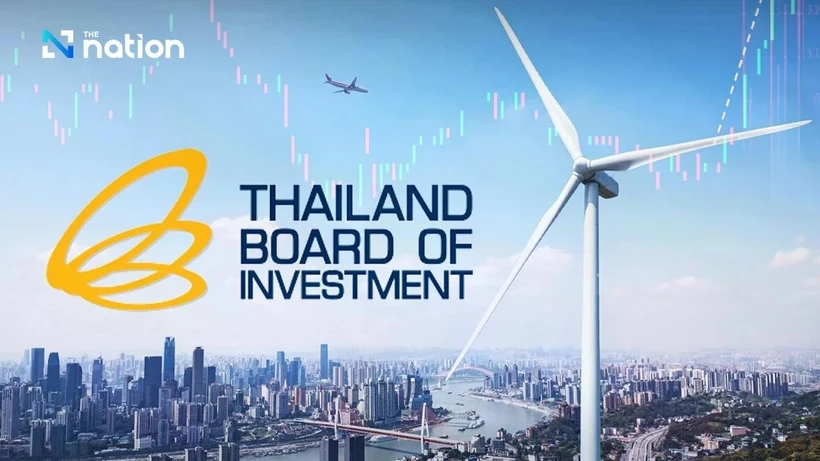
See more
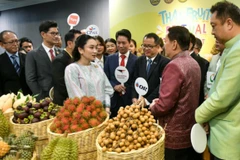
Thai PM announces comprehensive support plan for fruit farmers
The initiative involves direct procurement from farmers through four key channels, namely purchase with intent to distribute domestically, corporate social responsibility initiatives, purchase for consumption in organisations, and procurement by government agencies like the Department of Corrections.
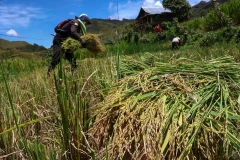
Indonesia’s rice reserve set to hit record 4 million tonnes
To support rice production, the government has ramped up fertiliser subsidies, distributed agricultural machinery, accelerated planting schedules, and introduced digital tools for farming.
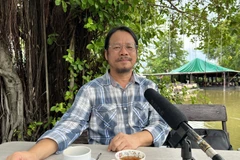
President Ho Chi Minh – symbol of revolutionary heroism: Thai scholar
President Ho Chi Minh wholeheartedly dedicated his service to the country and people, placing national interests above anything. He demonstrated a simple lifestyle, humility, eagerness to learn, willingness to listen to opinions, and closeness to the people.
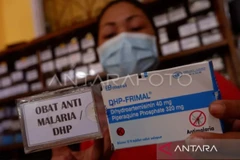
Indonesia builds AI model for malaria diagnosis
The National Research and Innovation Agency of Indonesia (BRIN) is developing an artificial intelligence (AI) tool to support malaria diagnosis, toward warding off the disease by 2030.
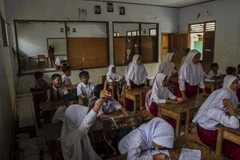
Indonesia determined to revamp deteriorating school infrastructure
The initiative is backed by a 16.9 trillion IDR (approximately 1.02 billion USD) budget and seeks to address widespread infrastructure deterioration in the national education system.
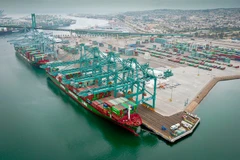
Malaysia’s maritime sector struggling due to new US tariff policy: expert
If the US continues to impose a high tariff after a 90-day postponement, importers with deep pockets in Malaysia will pay the extra tariffs in addition to additional levies, but small companies without sizeable cash or liquidity will not pick up the goods and will leave them stranded at ports.

Thailand ends search operation at Bangkok earthquake-hit building
Search teams have recovered 89 bodies, while seven people have remained missing and nine others injured.

Thailand sends trade proposal to US
Thailand is among the Southeast Asian nations hardest hit by measures introduced by US President Donald Trump, facing a tariff of up to 36% on its exports if a reduction cannot be negotiated before a global moratorium expires in July.

Philippine volcano erupts, spewing ash plume into the sky
Kanlaon Volcano, one of the 24 active volcanoes in the Southeast Asian nation, has had several eruptions in the past century – the most recent of which happened in April.

Former Philippine President Rodrigo Duterte wins mayoral election in Davao
Preliminary results from the Commission on Elections (Comelec) show Duterte leading with approximately 405,000 votes, significantly ahead of his closest rival, who garnered around 49,000 votes.
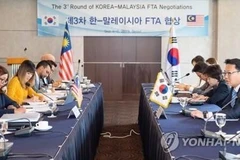
Malaysia, RoK hold 9th round of FTA negotiations
The latest round of talks for an FTA is scheduled to kick off in Kuala Lumpur for a three-day run, involving some 70 trade officials from the two countries.

ASEAN Secretary-General urges stronger ties with external partners to address global trade challenges
ASEAN Secretary-General Kao Kim Hourn has urged New Zealand and ASEAN to work closely to ensure that shifting trade dynamics do not undermine the rules-based multilateral trading system both sides support.
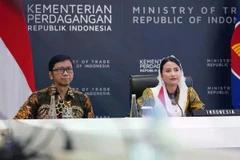
Indonesia committed to promoting ATIGA Upgrade
The upgrade seeks to modernise the the ASEAN Trade in Goods Agreement (ATIGA) framework, making it more facilitative for businesses and responsive to regional and global challenges.
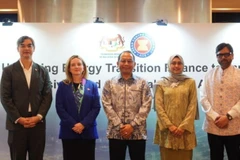
Malaysia pushes for joint ASEAN efforts on green energy financing
A study by the International Renewable Energy Agency estimated that ASEAN will need around 29.4 trillion USD by 2050 to fully transition to renewables and most of which remains unfunded.
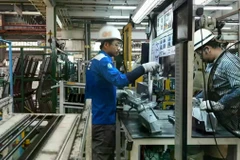
Malaysia works hard to expand semiconductor ecosystem
According to Ben Simpfendorfer, head of the consultancy Oliver Wyman Forum, said Malaysia could explore potential areas such as solar panel manufacturing, battery storage systems, and clean energy products.
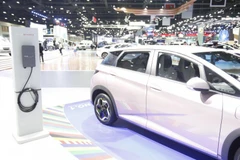
Thailand, Australia enhance sustainable and stable regional trade
One of significant topics in their discussion was Australia’s New Vehicle Efficiency Standard (NVES), a framework promoting low- and zero-emission vehicles. The standard is effective from January 1, with enforcement beginning on July 1.
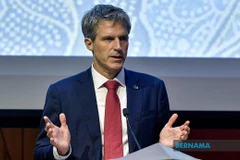
Malaysia – EU FTA expected to promote ASEAN – EU ties
The EU hopes that the agreement will replicate the success of the EU-Vietnam FTA, which has helped bilateral trade grow strongly since it came into force in 2020.
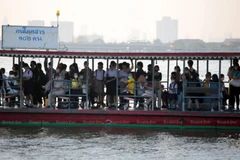
Thailand: Covid resurgence ‘no cause for alarm’
From January 1 to May 10, up to 53,676 COVID-19 cases and 16 deaths have been reported in Thailand. Bangkok recorded the most infections with 16,723 cases, peaking during the week of April 27 to May 3 at 14,349 cases, including two deaths.
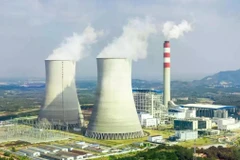
Malaysia a prime site for nuclear plants: expert
He said locating nuclear power plants in less tectonically active parts of Southeast Asia, such as Malaysia, would be a more logical approach.

Lao ceremony marks Lord Buddha’s 2569th birthday
Phat Tich pagoda in Vientiane, Laos held a ceremony on May 12 morning to celebrate Lord Buddha’s 2569th birthday, drawing monks, nuns, and members of the Vietnamese community in Laos.
